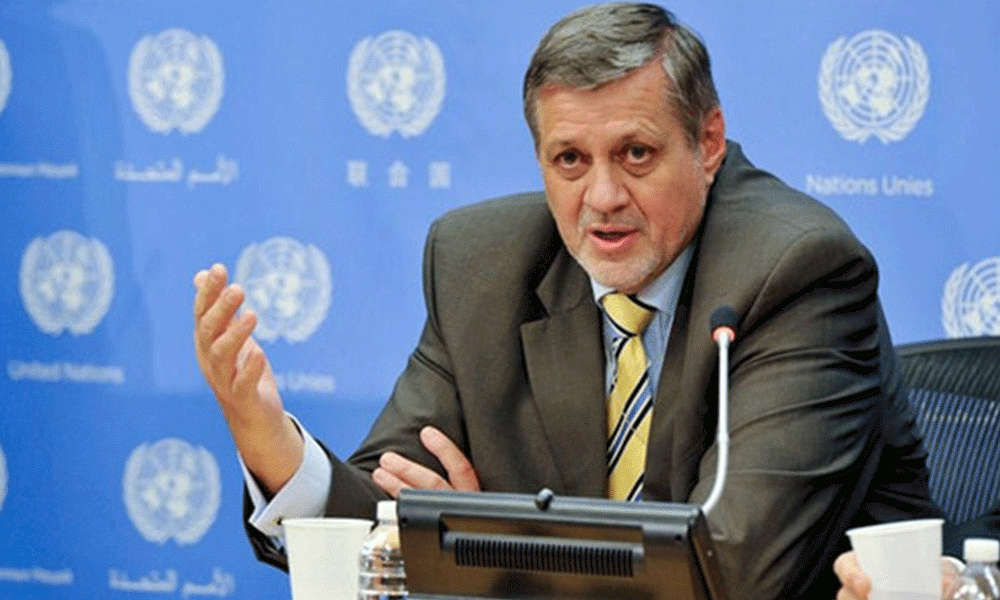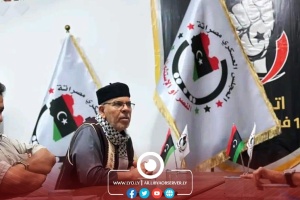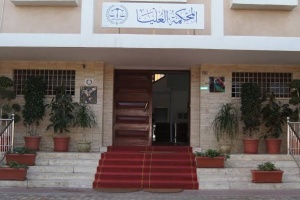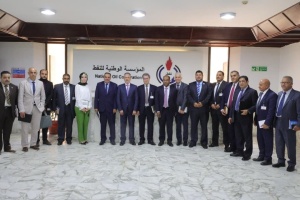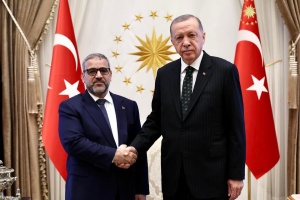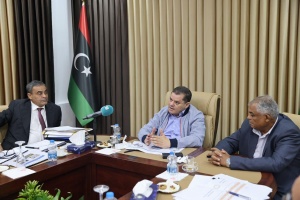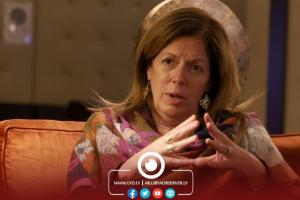UN envoy and Head of the United Nations Support Mission in Libya (UNSMIL), Jan Kubis, welcomes the conclusions of the Berlin II Conference on Libya, which were endorsed by the participating member states and organisations in the conference in the German capital, Berlin.
Kubis praised the collective efforts of all member states and regional and international organisations to assist the Libyan people in their quest for unity, peace, stability, and prosperity for their future generations.
“This conference represents an important opportunity to renew the international community’s commitment to Libya’s independence, sovereignty, and territorial integrity. Significant progress has been made since the holding of the first Berlin Conference in January 2020, resulting in ending the armed conflict in Libya; signing a ceasefire agreement, and the establishment of a unified interim executive authority. However, more needs to be done to consolidate this progress and ensure sustainable stability and peace in Libya." Kubis said.
He added that in line with the Berlin Conference II Conclusions and the UN Security Council Resolution 2570 (2021), holding the national elections on 24 December 2021 and the full implementation of the ceasefire agreement are imperative for the stability of Libya.
Kubis stressed the importance of addressing all human rights violations and abuses as well as violations of international humanitarian law, urging the authorities to lead an inclusive, comprehensive, and rights-based national reconciliation and transitional justice process.
He reiterated the Secretary-General’s call to put an end to all foreign interference, including the full withdrawal of all foreign forces and mercenaries from Libya, and joined him in urging all Libyans and external parties to agree on a comprehensive plan, with clear timelines, to achieve this goal, which UNSMIL stands ready to support.
“The United Nations is fully committed to facilitating the Libyan-led and Libyan-owned processes in support of the ceasefire agreement, national reconciliation and transitional justice, and the holding of elections on 24 December.”

